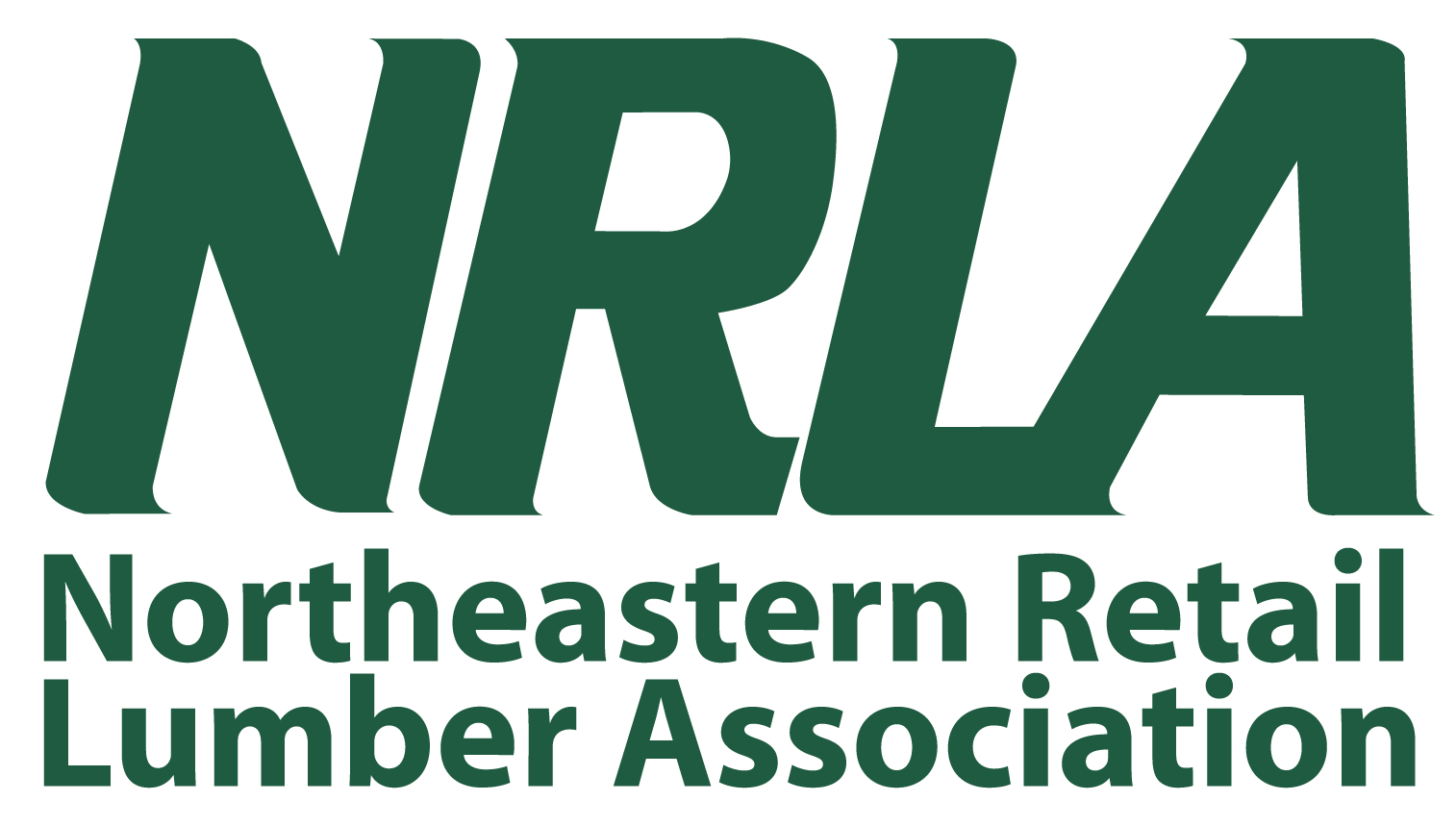State Unveils New Stretch and Opt-In Energy Codes
The Department of Energy Resources has released draft proposals for a redraft of the current stretch energy code and a new opt-in energy code that were required to be developed by the 2021 Climate Act. These new codes represent a policy to shift the heating for residential and commercial buildings away from fossil fuels and to all electric heat sources. Public hearings will be scheduled throughout the state to receive comments on the 2 proposals. The opt-in code is scheduled to be ready for community adoption in December of this year and the new stretch code is expected to be effective in January of 2023. 229 communities currently utilize the existing stretch energy code while the remaining 52 follow the base code. Communities will now have the option to adopt either of these 2 codes or follow the third less restrictive base energy code which is scheduled to be redrafted this year. Many cities and towns that have adopted the stretch code are expected to adopt the stricter opt-in code. Under that law, the state is committed to reducing greenhouse gas emission by 50% by 2030 and to a level of zero-net carbon emissions by 2050. The majority of the emission reductions will be realized from limits placed on transportation and building sources. The DOER has determined that new building construction is the easiest and cheapest way to reach the 2050 emission reduction goals. They estimate that 27% of all buildings in use by 2050 will be built after 2023. MassSave has announced financial incentives of between $15,000 and $25,000 per unit will be made available for homes that are built using electric heat systems. The focus on residential construction units will center around a reduction in the Home Energy Rating System (HERS). The average HERS rating for a new home built in 2020 was 51. In December of 2023 the HERS for low rise residential units that use fossil fuels will be set at 42 while those that use electric heat will be set at 45. The higher rating for homes that use fossil fuels will require some combination of more energy efficient windows, improved insulation, better air sealing, and heat recovery ventilation. The new opt-in code will provide options for all electric homes but will also allow units to continue to be built using fossil fuels. However, those buildings will be required to include rooftop solar power capabilities and be pre-wired for the installation of electric utilities such as stoves, dryers, hot water, and electric heat.
Proposed Data Privacy Law Could Impact Retailers
The Committee on Advanced Information Technology, the Internet and Cybersecurity has voted favorably to move forward legislation that is designed to give individuals greater control of how business use their customer’s personal data. The bill will set strict standards on how companies can collect, use, and sell personal information. The bill focuses primarily on business that sell their customer data but also regulates how businesses store and use existing data. It also allows customers the right to request that data from their commercial transactions be removed from company data bases. Companies will be required to maintain personal information for individuals for a period of time no longer than is necessary for the purpose for which the information was collected. They will also be required to conduct risk assessments of their data storage systems in order to detect security incidents, and the system’s ability to resist malicious, deceptive, fraudulent, or illegal actions by third parties. Covered retailers will also be required to provide consumers with more extensive right to privacy notices that detail how the consumer’s data is used and whether the information is sold to third parties or used for targeted advertising. The proposed threshold covers companies with annual revenues in excess of $25 million or those which retains the information for more than 100,000 individuals. This bill has been referred to the Senate Committee on Ways and Means for their consideration. That committee may report out a redraft of this bill, but it is not required to take any further action on this bill before the end of the formal session on July 31st.


